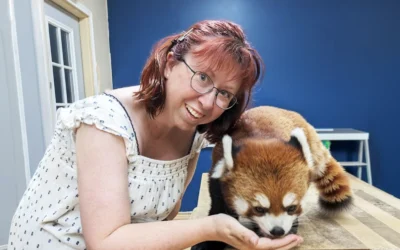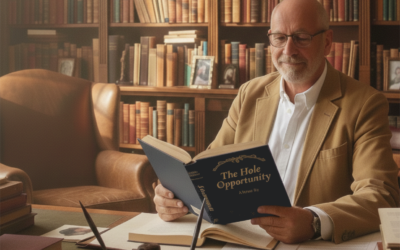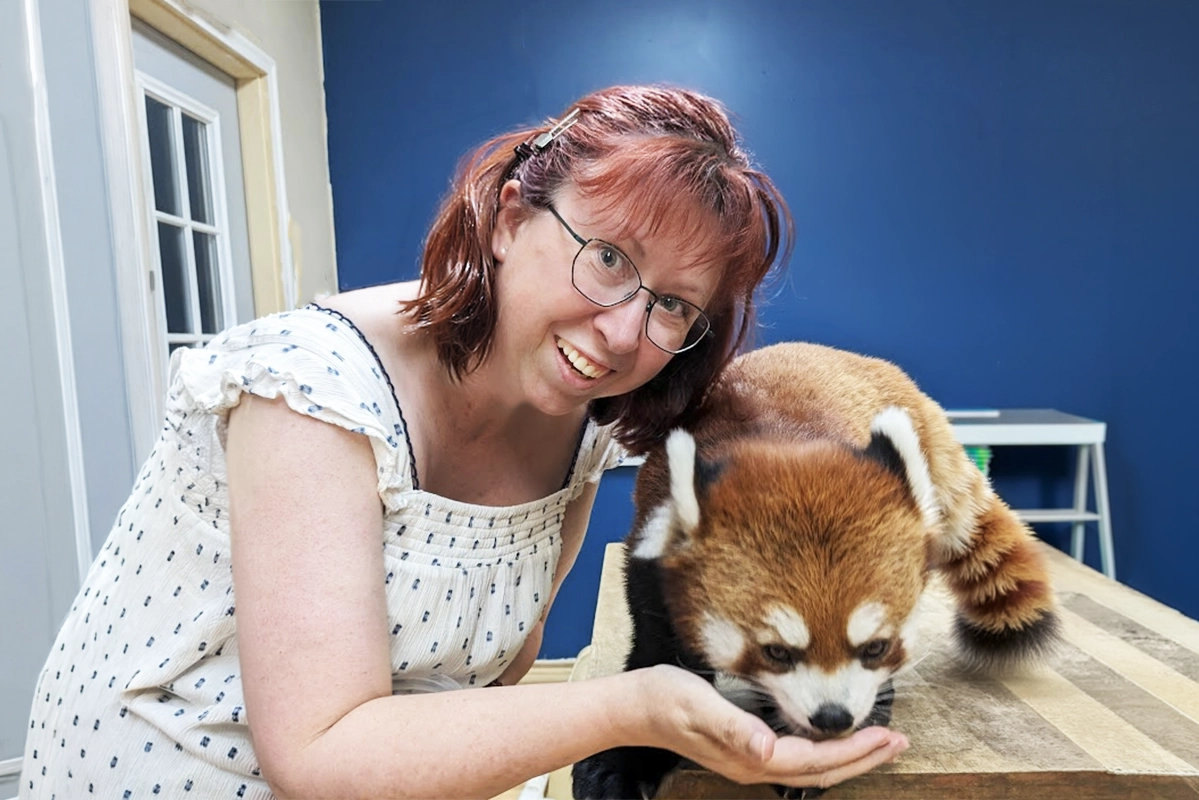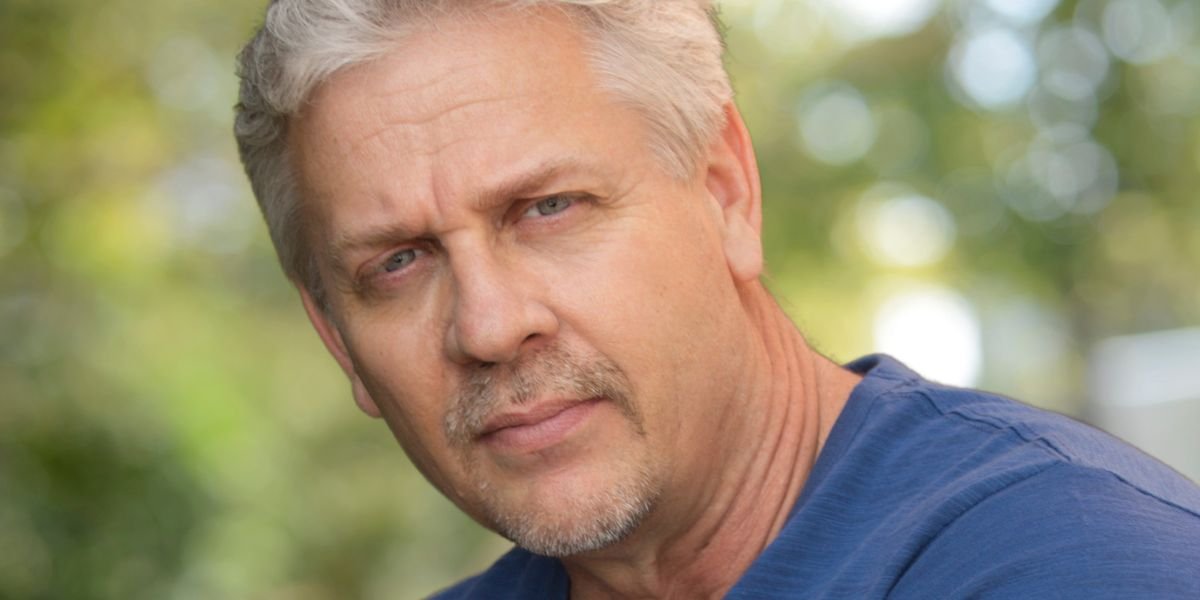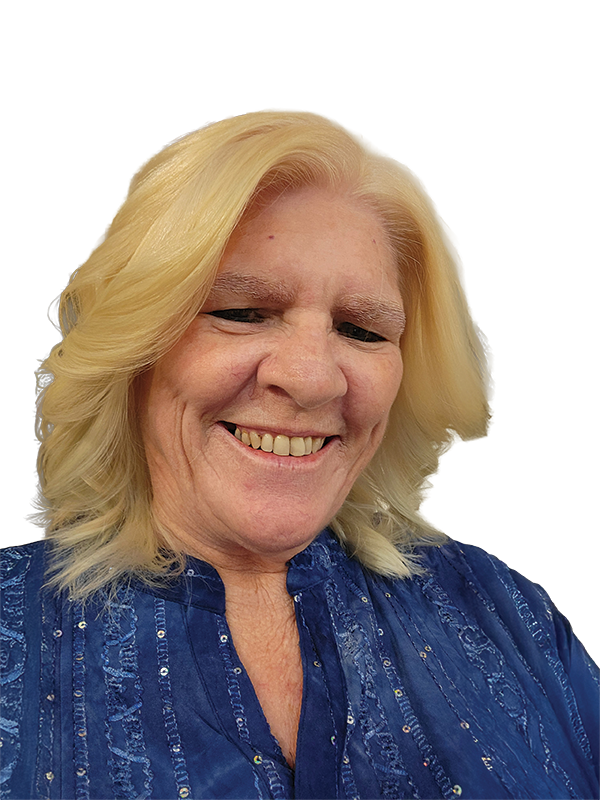Jared Garrett Shares His Journey from Cult Survivor to Bestselling Author and Storyteller

PHOTO: Author Jared Garrett, bringing stories of healing and adventure to life through heartfelt fiction and raw personal truth.
Exploring Healing, Hope, And Heroism Through The Pages Of The Finding Home Series
Jared Garrett opens up about transforming personal trauma into powerful fiction, crafting stories of resilience, love, and self-discovery that resonate deeply with readers across generations.
Jared Garrett writes with a rare and resonant authenticity, the kind born from a life lived on the edge of survival, discovery, and ultimately, triumph. His Finding Home series—anchored in truth, layered with hope, and rich in emotional depth—has become a lifeline for readers seeking stories that heal as much as they entertain. Whether he’s writing under his own name or as Gerry Ironspear, Garrett demonstrates a remarkable ability to weave trauma, resilience, and love into narratives that stay with you long after the final page.
At Mosaic Digest, we celebrate voices that illuminate the human journey, and Jared Garrett’s is one of the most powerful we’ve encountered. A survivor of a nomadic Scientology splinter cult, Garrett has transformed personal adversity into art—through fiction, public speaking, podcasting, and powerful storytelling that dares to be both raw and redemptive. His books are already touching lives in schools and libraries across the Rocky Mountain West, and it’s easy to see why.
Garrett’s stories are emotionally rich, uplifting, and unforgettable—offering readers both catharsis and courage through every beautifully crafted page.
In this candid interview, Garrett shares the emotional truths behind Beyond the Cabin, the ongoing evolution of Josh and Mary’s story, and how decades of extraordinary life experience—from firefighting to instructional design—fuel his compelling characters. Through his words, we see not only the weight of past shadows, but the enduring light of purpose, family, and the fierce joy of reclaiming one’s story.
We are proud to feature Jared Garrett in Mosaic Digest. His voice is one of courage, insight, and boundless creativity—and the world is better for it.
Your “Finding Home” series is inspired by your personal journey. How did revisiting your past through fiction influence your healing process and storytelling approach?
Writing the Finding Home series was an unexpected ten-year process of opening doors to greater understanding, forgiveness, and peace. I was carrying so much bitterness and saw my past through lenses tinted with deep rage at the unfairness of my life. But through writing Beyond the Cabin, I started remembering more about my life that wasn’t bad – mostly connections with the other kids I was growing up with. I also started understanding how the abuse and neglect had left marks and scars I still bore, but then in typing the words of the stories, it was like I was lighting torches along the path to healing and peace. I started by wanting to tell an angry, true story. But as the process of telling the story continued, I found my motivations transforming. Instead of expressing truth through anger, I instead found myself sharing deeper truths in a story about my journey of discovery, wonder, healing, and love.
That became my story core. Fifteen years ago, I committed to writing from a place of wonder, love, and joy. I want to transport readers and give them stories that might hurt – but that ultimately lift.
In “Finding Home”, “Worlds Apart,” and “Carry Your Heart,” you explore what happens after escaping a cult. What compelled you to continue Josh and Mary’s story beyond the initial escape?
I spent two years sending the first book to agents and publishers. Every response I received included the same thing: “This is very good and compelling, but we don’t know how to sell it.” So, I did it myself and published Beyond the Cabin in December of 2014.
Then, in 2020, I realized that the end of Beyond the Cabin was more of a beginning, and I needed to tell the story of escape. I thought that would complete the story that needed telling. But then, as often happens, in the shower about two months after Finding Home was published, I realized I had so much more to tell about trauma, hope, and healing. And I believed I could do that by writing some great books!
Writing Worlds Apart and Carry Your Heart was a valuable opportunity to tell the story of me discovering more hope, healing, wonder, and love. Telling it from both Josh and Mary’s perspective helped me tell that more economically in the setting of yearned-for love and a story that ultimately has a happy ever after. There’s also Nickelback. Trust me on this.
You’ve held an impressive range of roles—from firefighter to instructional designer. How have these varied life experiences shaped your characters and plots?
From the moment I got out of the cult, I wanted to experience the world and all the wonder it offered.
So, saying yes to jobs like firefighter and teaching abroad and building an instructional design career all the way to Amazon headquarters is a product of that approach to life. All of life’s experiences can be for our good if we adopt the right mindsets. It turns out that all of life’s experiences can also be for the good of our stories and creative efforts! I’ve found that having a rich working background helps me write from a wider variety of perspectives. It also helps me create interesting worlds that resonate.
Fun fact: My students last year counted the jobs I mentioned during class and the list reached thirty.
How have your international experiences, particularly teaching abroad, influenced the cultural nuances and perspectives in your writing?
Being exposed to loads of cultures and histories and languages (I speak four!) helps me feel comfortable to write whatever the story needs. I’ve broken bread with many friends and had the blessing of hearing people from Mongolia to Ecuador and Brazil, and from Japan and Taiwan to the Isle of Skye, share their life experiences. This has been a gift to my stories as I can more fearlessly portray a variety of authentic perspectives. This helps the conflicts in my stories resonate better. It also helps me show humanity and value in all of my characters – even those from very different places and times.
With your podcast, “Tales From A Cult Insider,” you share raw personal experiences. How does that medium differ from writing fiction, and what kind of response have you received from listeners?
For my podcast, I never scripted anything – the most I ever did was have a loose outline for the stories I wanted to tell. Podcasting is often fairly informal and also gives the speaker multiple opportunities to state and restate. Fiction writing, while as wide as the imagination, needs to have structure, story beats, considered characters, and so on to deliver a satisfying story that fires the imagination.
The most common response I get from listeners is kind words about how they appreciate my frankness. Next is the listeners’ concern for my welfare, as they worry I could be sued by the remaining cult founders. I assure them that truth is the best defense and it’s on my side.
Looking back on your transformation from cult survivor to published author and public speaker, what moment stands out as the most defining or rewarding in your career so far?
It was a Monday some years ago when I read reviews from the last couple of months for Beyond the Cabin. One stood out. The title was “A bittersweet thing full of hard lessons and important truths.” I wept as I read a review that described my book – in which I’d simply told the best, truest story I could.
Later that week, I was running my author table at a large event for fans of all geekdoms. A young man appeared, out of breath. He said, “I’m so glad I found you!” Then he told me he’d written that review and described how much my book had affected him.
I want to make a good living from my writing. I want to be able to take my wife and children to see more of this wondrous world.
But if I never get to that point, that moment with that young man makes it all worth it.

